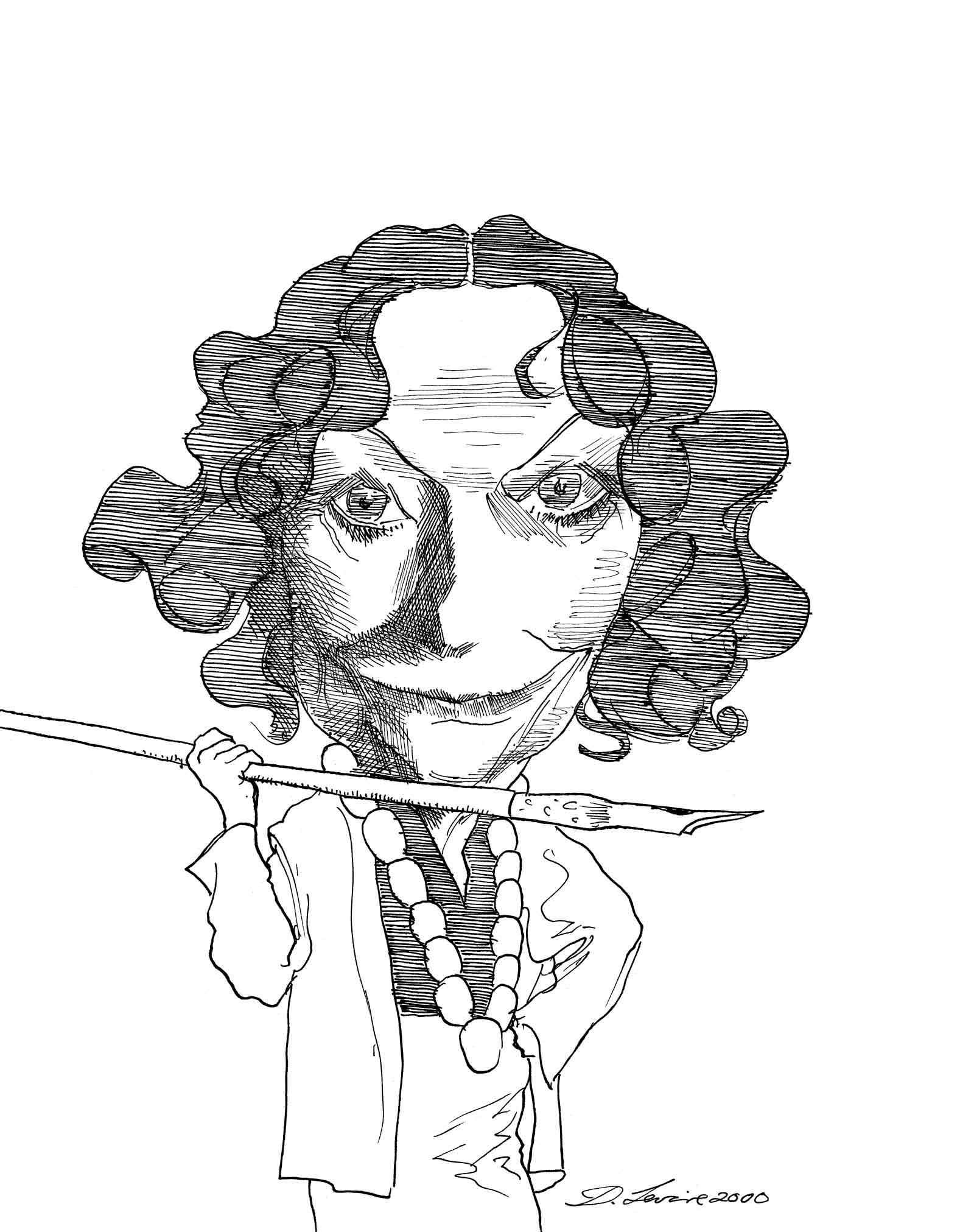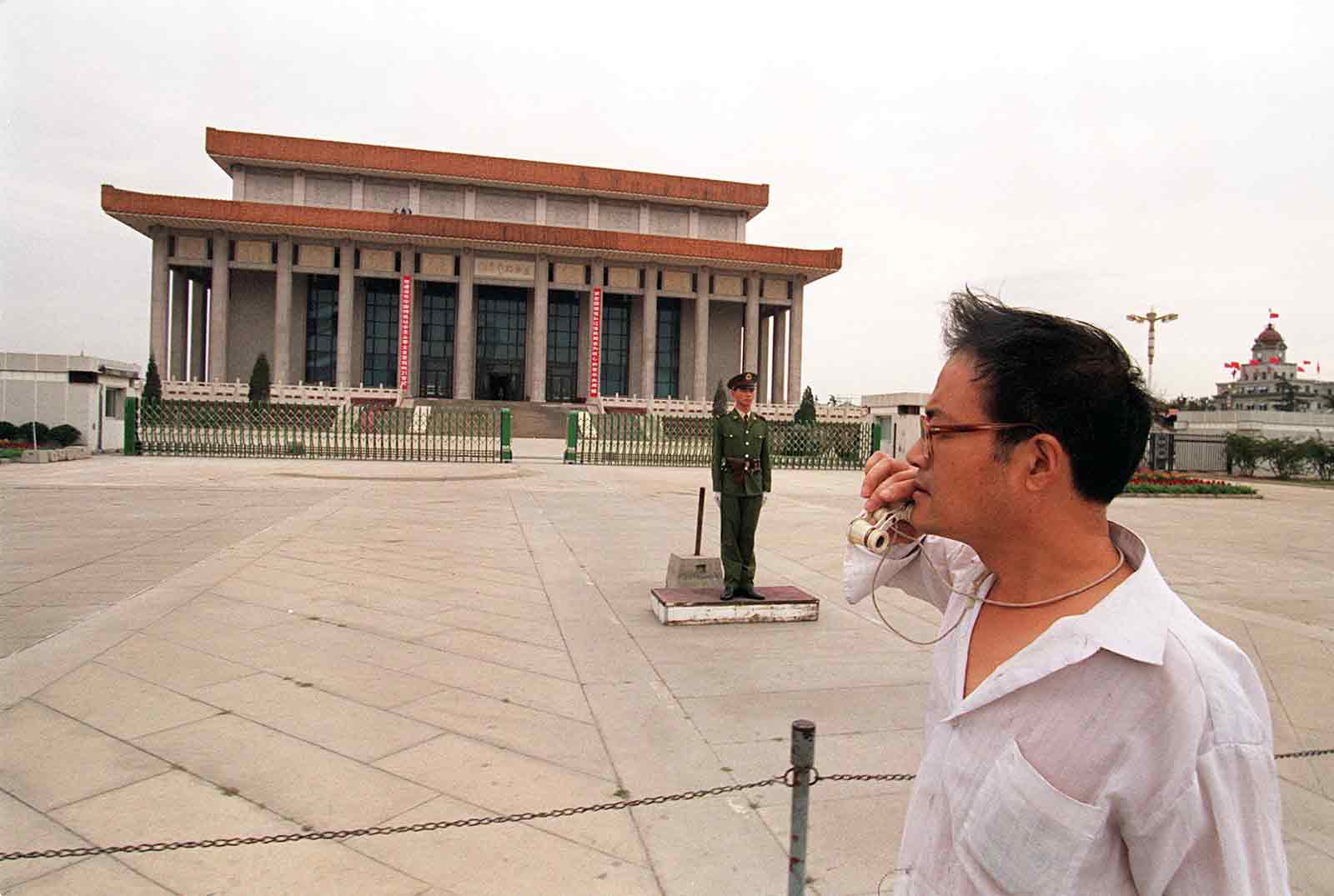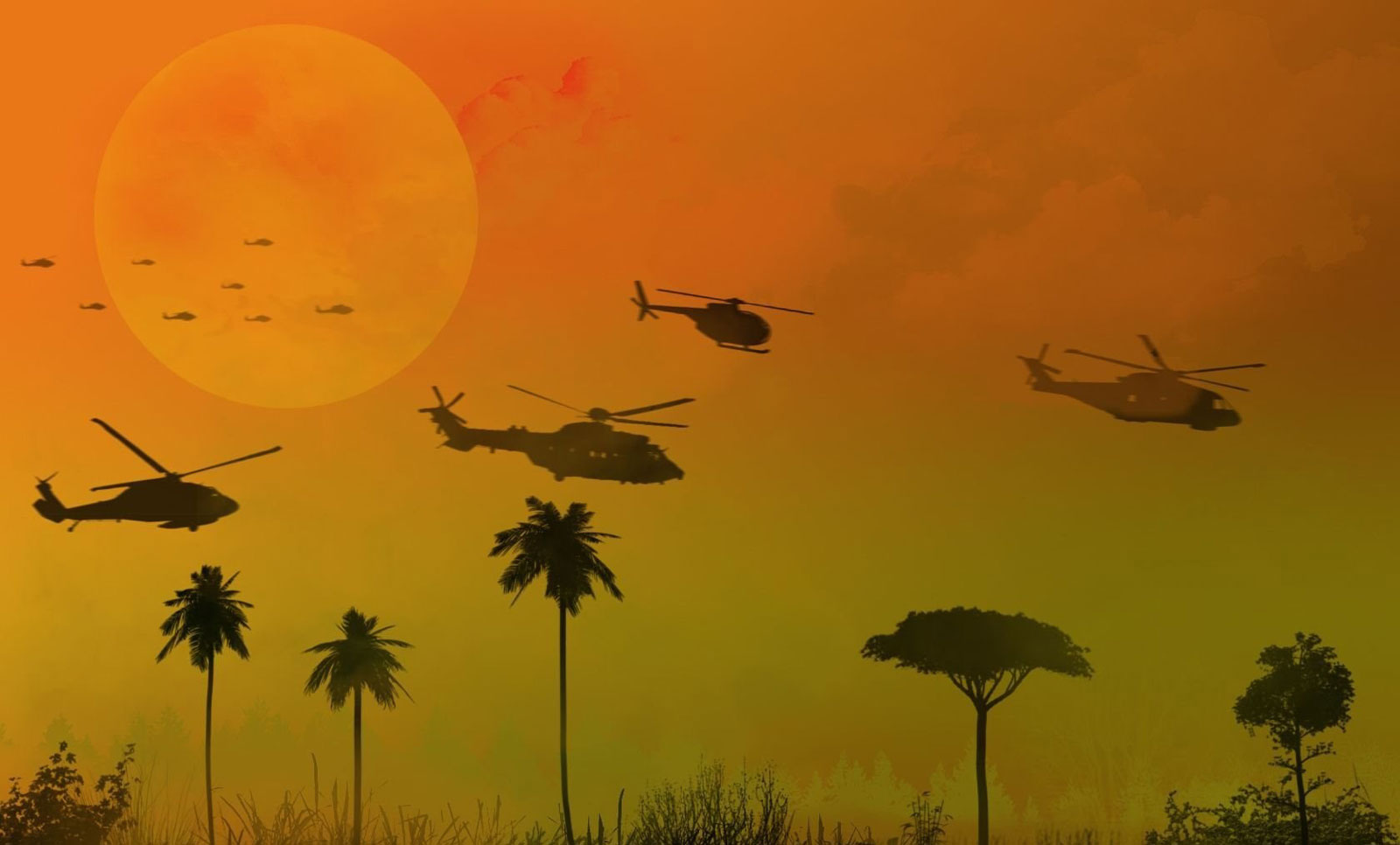To celebrate The New York Review’s fifty-fifth anniversary, we are featuring one article from each year of the magazine’s publication. Today we survey the end of the 1970s, with Saul Bellow on boredom, Elizabeth Hardwick on Billie Holiday, Simon Leys on Maoist China, Susan Sontag on illness, and Michael Wood on Apocalypse Now.
1975
On Boredom
Saul Bellow
The present demand is for a quick forward movement, for a summary, for life at the speed of intensest thought. As we approach, through technology, the phase of instantaneous realization, of the realization of eternal human desires or fantasies, of abolishing time and space the problem of boredom can only become more intense. The human being, more and more oppressed by the peculiar terms of his existence—one time around for each, no more than a single life per customer—has to think of the boredom of death.
Also in 1975: Robert Mazzocco: Overrated ‘Nashville’
1976
Billie Holiday
Elizabeth Hardwick
Darryl Pinckney wrote of this essay, “Lizzie really minded the sentimentality going around then, the 1970s, about Billie Holiday as a woman who’d lived her songs, the whole Lady Sings the Blues thing. In her portrait of Billie Holiday, she wanted to evoke a singularly conscious individual, someone who had worked to perfect her art, a singer who knew what she was doing, a supreme musician.”
In her presence on these tranquil nights it was possible to experience the depths of her disbelief, to feel sometimes the mean, horrible freedom of a thorough suspicion of destiny. And yet the heart always drew back from the power of her will and its engagement with disaster. An inclination bred upon punishing experiences compelled her to live gregariously and without affections. Her talents and the brilliance of her mind contended with the strength of the emptiness. Nothing should degrade this genuine nihilism; and so, in a sense, it is almost a dishonor to imagine that she lived in the lyrics of her songs.
Also in 1976: Christopher Lasch: The Narcissist Society
1977
Chinese Shadows
Simon Leys
This was the first piece that Leys published in The New York Review, where he would contribute reviews and essays for the next 35 years. In it he writes of his six-month stay in China in 1972 and the effects of Maoist rule on the country.
If the destruction of the entire legacy of China’s traditional culture was the price to pay to ensure the success of the revolution, I would forgive all the iconoclasms, I would support them with enthusiasm! What makes the Maoist vandalism so odious and so pathetic is not that it is irreparably mutilating an ancient civilization but rather that by doing so it gives itself an alibi for not grappling with the true revolutionary tasks. The extent of their depredations gives Maoists the cheap illusion that they have done a great deal; they persuade themselves that they can rid themselves of the past by attacking its material manifestations; but in fact they remain its slaves, bound the more tightly because they refuse to realize the effect of the old traditions within their revolution.
Also in 1977: George Plimpton on death
1978
Illness as Metaphor
Susan Sontag
This was the first of three long essays published in the Review that would form Sontag’s well-known book of the same title.
Illness is the night-side of life, a more onerous citizenship. Everyone who is born holds dual citizenship, in the kingdom of the well and in the kingdom of the sick. Although we all prefer to use only the good passport, sooner or later each of us is obliged, at least for a spell, to identify ourselves as citizens of that other place. I want to describe not what it’s really like to emigrate to the kingdom of the ill and to live there, but the punitive or sentimental fantasies concocted about that situation; not real geography but stereotypes of national character. My subject is not physical illness itself but the uses of illness as a figure or metaphor.
Also in 1978: I.F. Stone: Confessions of a Jewish Dissident
1979
Bangs and Whimpers
Michael Wood
On Francis Ford Coppola’s film Apocalypse Now
What Coppola has pictured here is the casual everyday lunacy of the war in Vietnam, and the unearthly, overwhelming power of American hardware: guns, bombs, flares, jets, helicopters, beachcraft. Mary McCarthy wrote that “the technological gap between us and the North Vietnamese constituted, we thought, an advantage which obliged us not to quit.” Both the gap and the murderous obligation are everywhere in the film.
Also in 1979: Joan Didion on Woody Allen’s ‘Manhattan’








